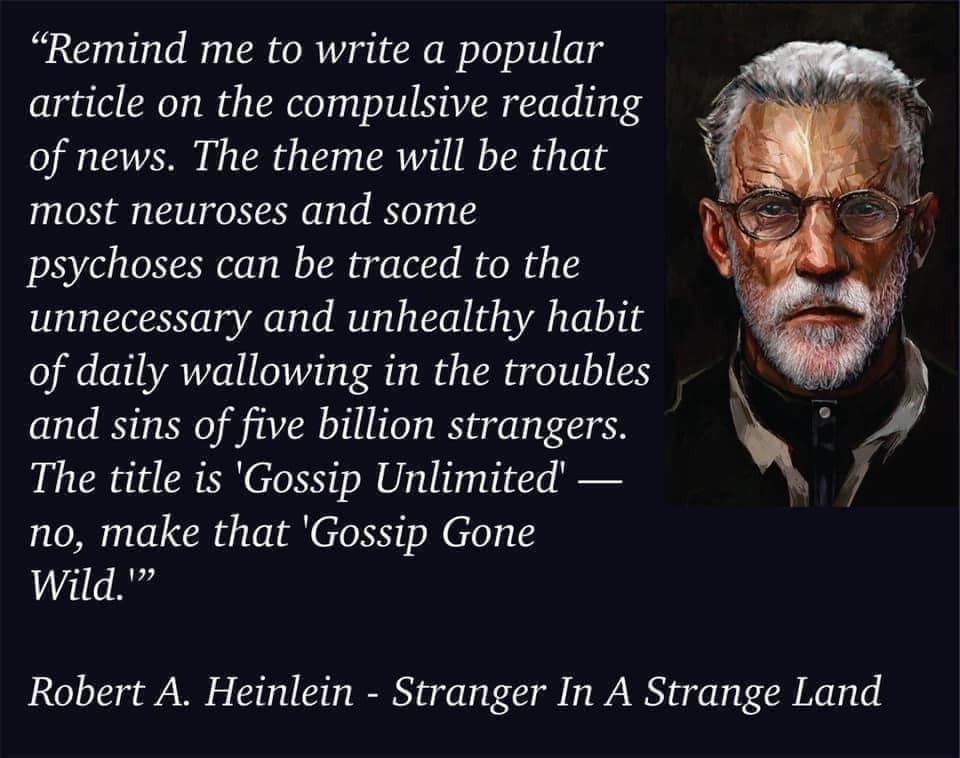
(Originally written July 2016)
I feel that the world is constantly evaluating itself in a profoundly negative light. This is not simple optimism on the part of the author; this is a statement that may be backed up by legitimate and empirical observations in society over time.
Specifically, I am referring to reports of violent crime and international war that are now ever-dominating the news screens and internet feeds of American society. I have not been abroad as of late, so I cannot speak for the perspectives in international media — although I might speculate that many or most countries (those that are technologically developed like the United States) are broadcasting similar news stories as often as the States are. In the past twenty years, and perhaps exponentially in the past decade, frighteningly horrible reports of terrorism, domestic violence, and civil unrest have proverbially bludgeoned the American people’s poor hearts as they have watched “the news”.
Sadly, I believe that the more a society watches the news carefully for signs of violence or signs of alarm, the more that society will find causes to be alarmed. Even further, because news agencies must operate for a profit and therefore must cater to the needs and wants of their audiences, media outlets of all kinds are constantly impelled to seek out and report on stories about negative human action or heartbreak as opposed to routine stories, no matter how informational or useful the latter might be. Thus, a society like ours finds itself in a torrential feedback loop of confirmation bias: the audiences begin to hear of worrisome news, which prompts them to check their preferred news outlets for more information (“Should I be worried? What’s going on?”), which in turn incentivizes news outlets to provide more stories from the ‘Worrisome’ end of the spectrum. If a given news company intends to remain competitive and relevant in their market, then they hardly have a choice.
Unfortunately, the news market itself is the cause of much terror and concern in an otherwise peaceful and happy America. The irony is that America’s most iconic feature — free markets — is allowing the overrated menace of Violence to disturb the peace. From an economic perspective, it is indeed factual (albeit cold) to say that modern American society’s obsession with hearing about violence has turned into an impressive and lucrative market, driven by high demand and then raised supply, as all markets are.
To be clear, the conclusion (or the implicitly proposed solution) is not to believe that “Ignorance is Bliss”, and avoid the news market entirely. The ideology of my conclusion believes that ignorance is not what society expects it to be: in short, it might be ignorant to ignore the news, but it is much more ignorant to rely on news media outlets — that is, news for profit — for a healthy, balanced, or otherwise unbiased representation of reality.
I believe that contemporary society assumes that news media is equivalent to what our descendants might read about us in history books, as if the daily news were a well-rounded and scholastic snapshot of our time and culture in history. This kind of assumption is the larger problem with our society; this is the truer face of Ignorance. If one imagines that current news stories are just as relevant and undramatized as the stories related in a textbook, then one can hardly help but feel incredibly alarmed at the news. History textbooks very seldom explain the eviscerating details of historical violence, no matter how bloody or terrible a conflict (or a culture) may have been. Current news media companies, however, have 24 hours every day to spend on elaborating “What happened”, “Why it happened”, “How it happened”, and so on. In other words, history and news are completely different mediums of recording events — perhaps as different as an oil painting and a radio drama.
Therefore, it is not the awareness of troubling times that is most troubling to an otherwise peaceful world. The truest problem lies in the obsession over troubling things. All news outlets have a tangible incentive to focus on more negative news stories because their audience’s collective worry results in higher viewership or readership, and that results in higher profits. As a professional salesman once told me in confidence, “Fear is the number one driver of human action.”
And with that understanding, it is clearer to the eye of the beholder that a rise in stories of violence, war, disease, or other tragedies does not necessarily mean that tragedies are on the rise. More likely, it simply means that the demand for stories of tragedy is on the rise — and that demand is rooted in the human emotion of Fear.
“…The only thing we have to fear is fear itself.”
—Franklin D. Roosevelt
—Addendum: April 2023—
I just discovered this quote today. Hm.
